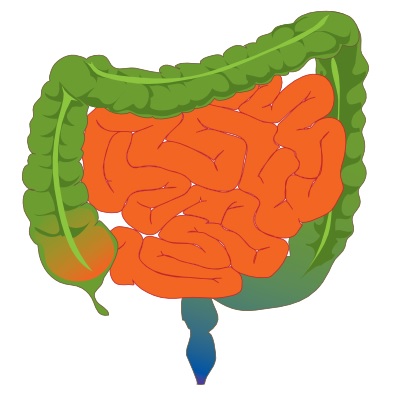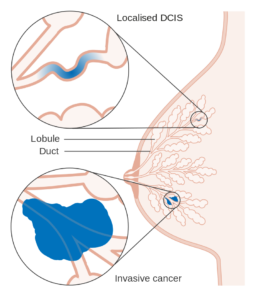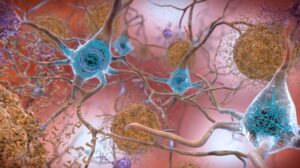Anti-inflammatory Response of Gut Cells Against Multiple Sclerosis: Breakthrough Research Finding

Written by: Mousumi Biswas, Kolkata, 16th January, 2019
Human body itself sustains abilities to cure its own disabilities. Recent discovery at the University of Toronto and UC San Francisco, revealed that gut cells are the most potential immune cells to impair multiple sclerosis (MS) and prevent the entire disease at preclinical stage when they multiply. It is mainly the plasma cells that come into play. It is produced when a B cell encounters an antigen (microbes in guts) it replicates and differentiates into memory B cells and plasma B cells. Experimenting samples from humans suffering from MS and mice it is observed that the plasma cells in guts produce antibody IgA and moves to central nervous system and create anti-inflammatory response against MS inflammation.
Multiple sclerosis is known to be an autoimmune disorder where B cells and T-cells disrupts the myelin sheath (the covering around the nerve fibre) at different places, and interrupts electrical impulse to carry on. The exact cause of the disease is not known. Symptoms include fatigue, vision loss, pain, impaired coordination, tingling, organ problems etc. Drugs triggered to the body for the disease targets the immune cells including plasma B cells which make the condition worse. Among all the antibodies, IgA constitutes of 80 per cent, though its functions are not really clear. In Canada and the US the rate of MS is the highest counting three in every thousand individuals.
The most fortunate coincidence was the scientific serendipity, where two teams fully unknown of their research on the same field represented their outcome on the same conference – Jen Gommerman (Ph.D., a professor of immunology at University of Toronto) team from the University of Toronto and Sergio Baranzini (Ph.D., professor of neurology in the UCSF Weill Institute for Neurosciences and also the co-author of the paper) team from UCSF. They decided collaborate their research and proceed further on the same. The “reverse translational approach” has been encountered for the treatment of MS illuminating the gut-brain axis including other autoimmune disorders of brain, using body’s own natural immune system instead of drugs, says Jen Gommerman. The lesser quantity of IgA in fecal sample of patients of active MS establishes the fact that the plasma cells are being recruited for suppressing the neuro inflammation, discovered the UCSF team. A therapeutic approach might be taken to enlarge the quantity of these cells to such extent where the abundant supply may counteract the MS.
There arises a plenty of questions regarding the finding, whether the microbiomes rely upon lifestyle choices or do they need any special environment to flourish, or might a drug resemble the plasma cells’ effects. These questions are still yet to answer. Researchers pursue molecular level based reactions and basic sciences for solutions of these questions.
Reference:Cell (2019). DOI: 10.1016/j.cell.2018.11.035, medicalxpress.com
Image: credited to Mikael Häggström








